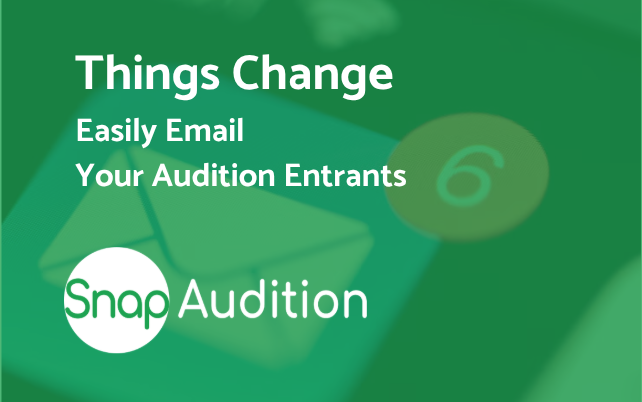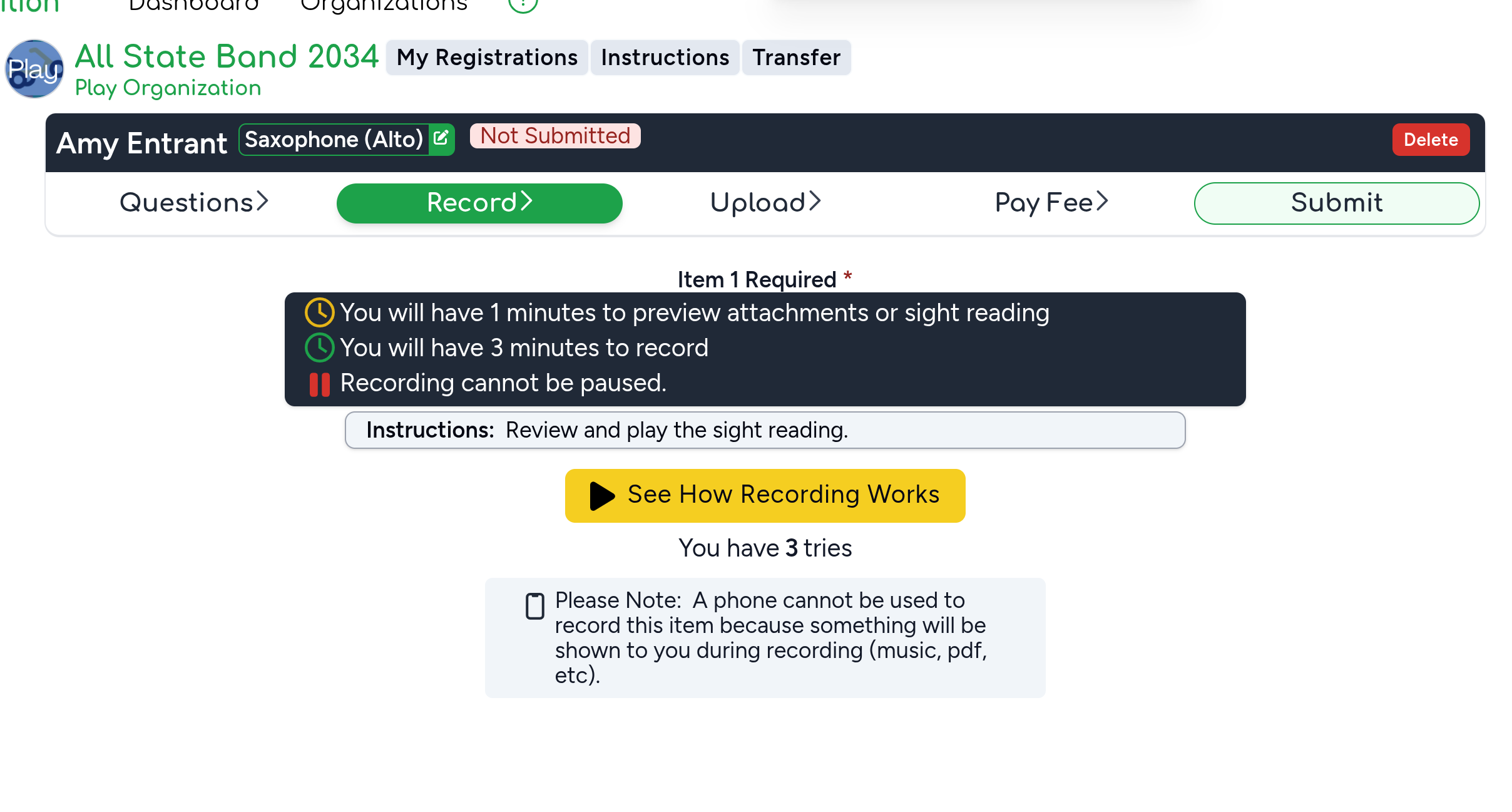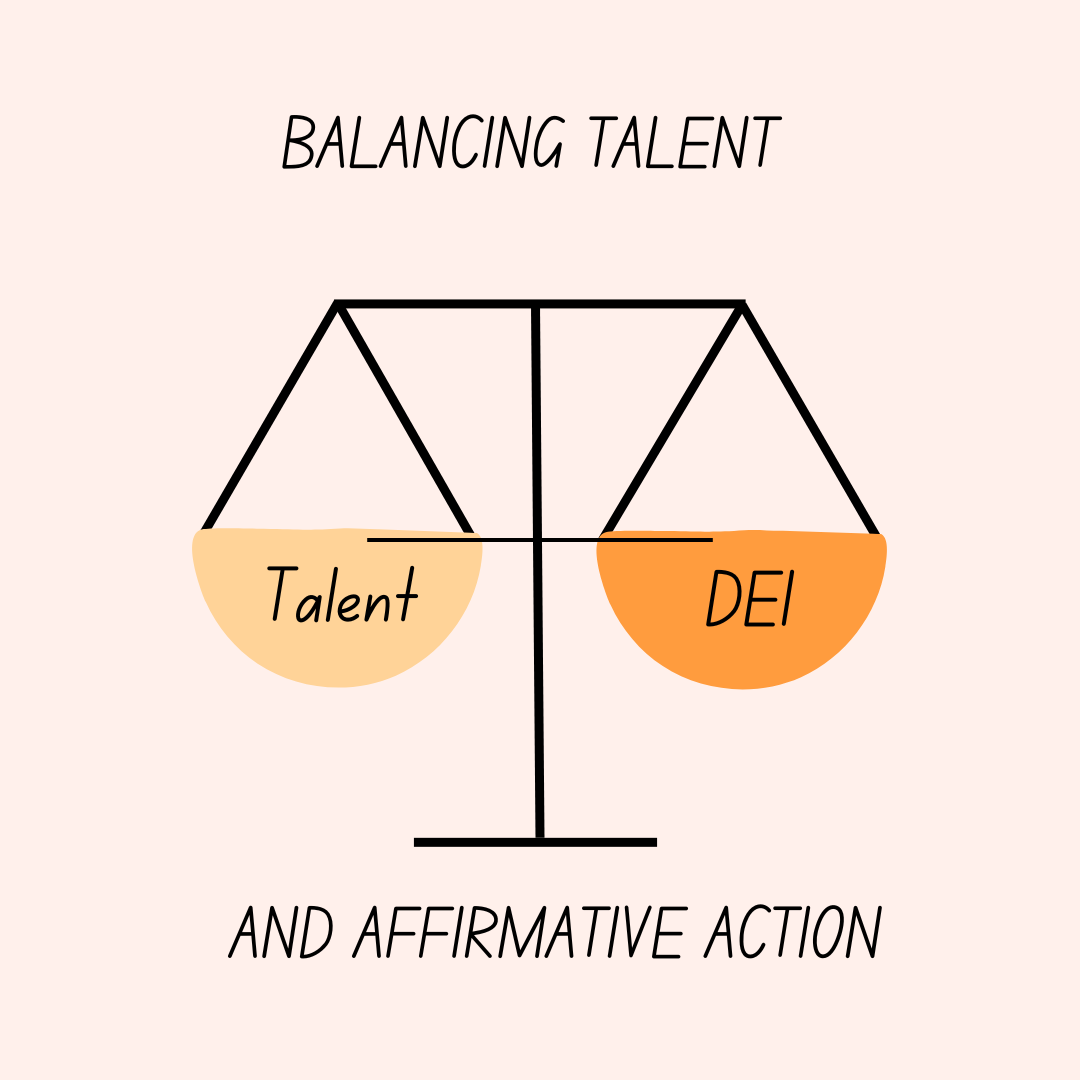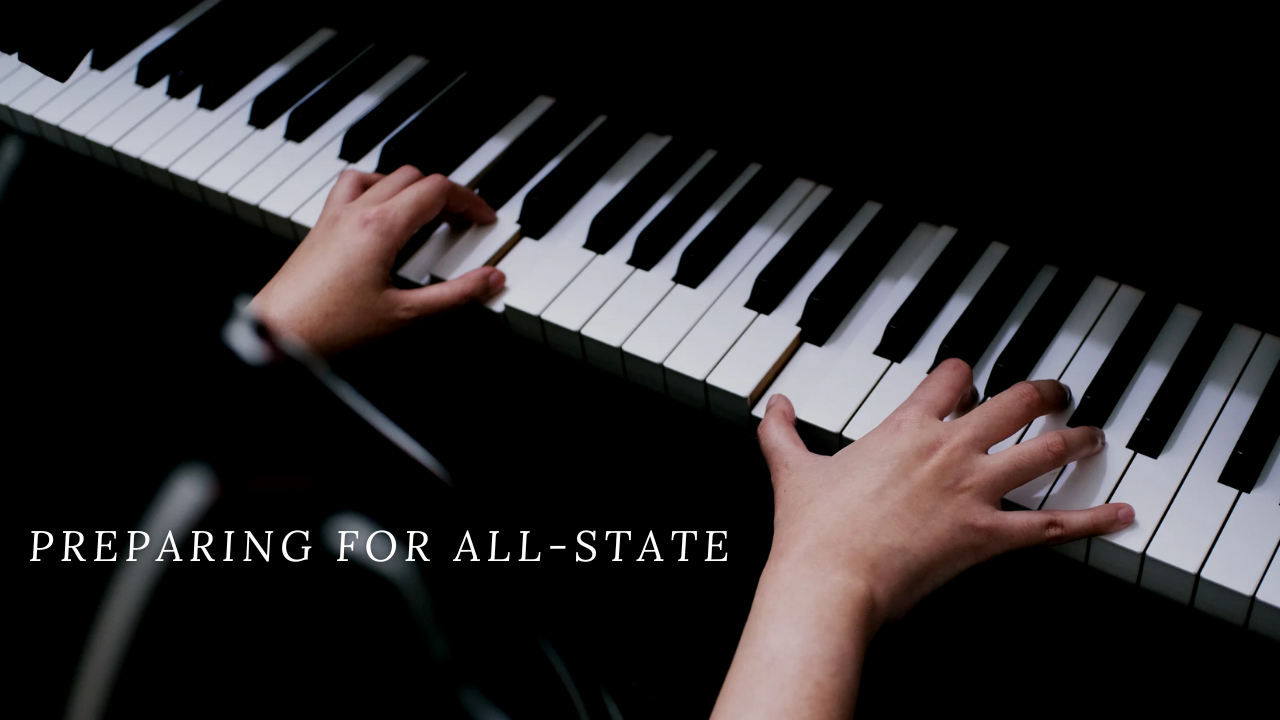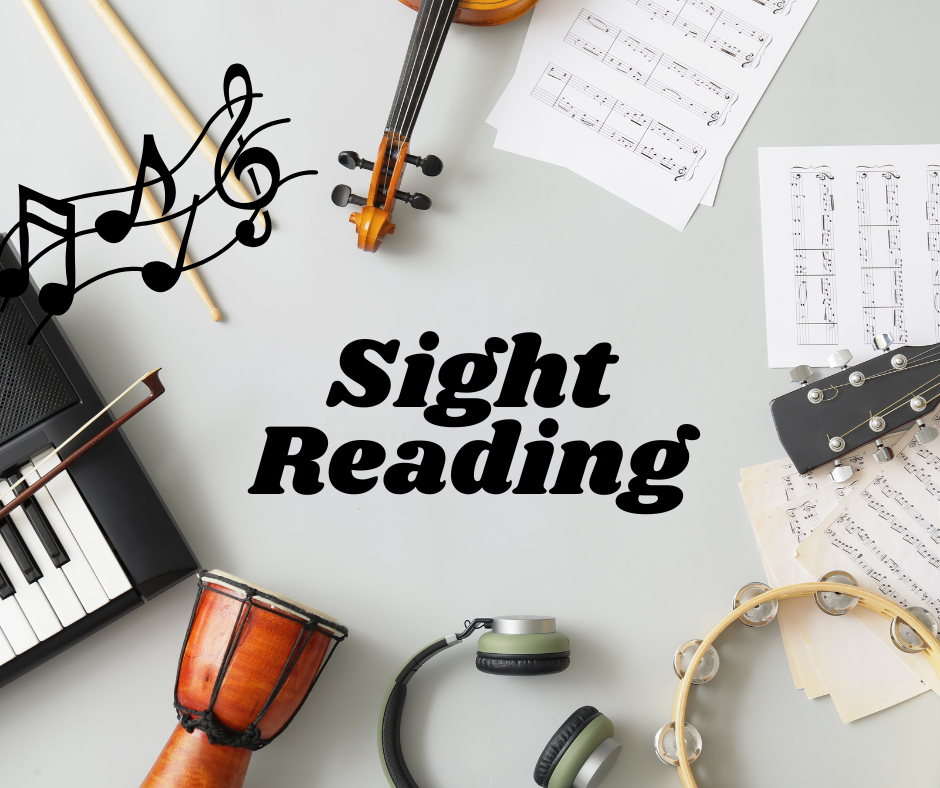
Have you received results from or judged an audition that seemed off? You were left thinking: "I'm not sure what they were looking for?" Maybe the requirements were odd or there were only entrants from one part of time, race, or other social group.
These oddities can result from audition organizers failing to set sufficient audition goals and priorities, or fail to communicate them to entrants. The danger comes from organizers feeling their audition is achieving what they believe it is, simply because it seemed to go off smoothly, a lot of people entered, or those who won seem outstanding.
When you are intentional about setting audition goals and priorities, and ensuring they are carried out, auditions become more fair, equitable, and less, "odd".
Audition goals and priorities reflect the specific ways you want the process to unfold and the end-results you hope to achieve. Emphasis on, specific. Poor quality auditions stem from organizers failing to go into any depth.
Artistic Goals
Artistic goals are fundamental to any audition process. They define the specific talents and characteristics.
Talent Specifications: What technical skills, styles, and experience levels are required for each role/spot?
Character or Player Alignment: For actors, what artistic vision and character descriptions do the entrants need to match. For musicians: what musical style does the audition or production needs?
Creativity and Interpretation: How important is performer originality and depth? In what ways?
Diversity and Inclusion Goals
Representation: What diversity of candidates in terms of race, gender, economic, age, body type, and cultural background does the audition wish to attract and place?
Accessibility: Does the audition venue (if applicable) and process need to be accessible to people with disabilities?
Fairness and Objectivity Goals
Goals for fairness and objectivity help create a level playing field for all candidates.
Evaluation Criteria: What are the objective criteria you will use for assessing performances? Hopefully, there will be a rubric or other system where evaluators or judges are not simply relying on what they like.
Bias Mitigation:
What measures will you implement to reduce unconscious bias, such as blind auditions or diverse judging panels? Remember, bias can go beyond race and age. Even how an entrant holds an instrument can distract a judge and sway their scoring (unless you want holding technique to be part of the evaluation).
Transparency: How much do you want entrants to know about the audition process and criteria? How will you communicate it clearly to all potential entrants? Entrants should know the audition criteria that will ACTUALLY be used.
Logistical Goals
Logistical goals ensure that the audition process runs smoothly and no one is left out.
Outreach: Do you need to implement strategies to reach underrepresented communities and encourage them to audition? What entrants from those communities could win the audition but do not have the resources to enter?
Scheduling: What would be a realistic and manageable audition schedule and timeline? For example, if the audition requires entrants to record with a live band, will they have enough time to find the personnel?
Location: For in-person auditions, what location will be secure, appropriate, comfortable, and accessible to all entrants?
Judge/Adjudicator Goals
Judge goals focus on the qualifications for and instructions given to adjudicators.
Qualifications: What qualifications will each adjudicator need? Don't stop at their education experience. In many cases, in order for results to be fair, they will need to be willing and able to adjudicate according to the audition criteria and try to curb their artistic preferences.
Instructions: What criteria, rubric, or other instructions will you give to judges? If you only instruct them to "pick the best," the results will only reflect their judgment and preference, which could differ from the audition's broader goals.
Other Goals
Feedback: Do you want to provide feedback to entrants? If you use Snap Audition, judge written and recorded feedback can be automatically delivered to entrants. Feedback is essential to taking your audition beyond the goal of simply rewarding the best, to helping all entrants.
Process Review: How will you regularly review and refine your audition process based on feedback and outcomes?
Promotion: What channels will you use to advertise the audition widely?
Branding: How will you ensure that the audition process reflects the organization’s brand and values?
Conclusion
Setting clear and strategic goals and priorities is essential for audition organizers to run successful and equitable auditions. By focusing on artistic, diversity, fairness, logistical, talent development, performance management, outcome evaluation, and marketing goals, organizers can create a structured and effective audition process. These goals not only enhance the quality of the selection but also ensure a positive experience for all participants, contributing to the overall success and integrity of the production.

More Articles
